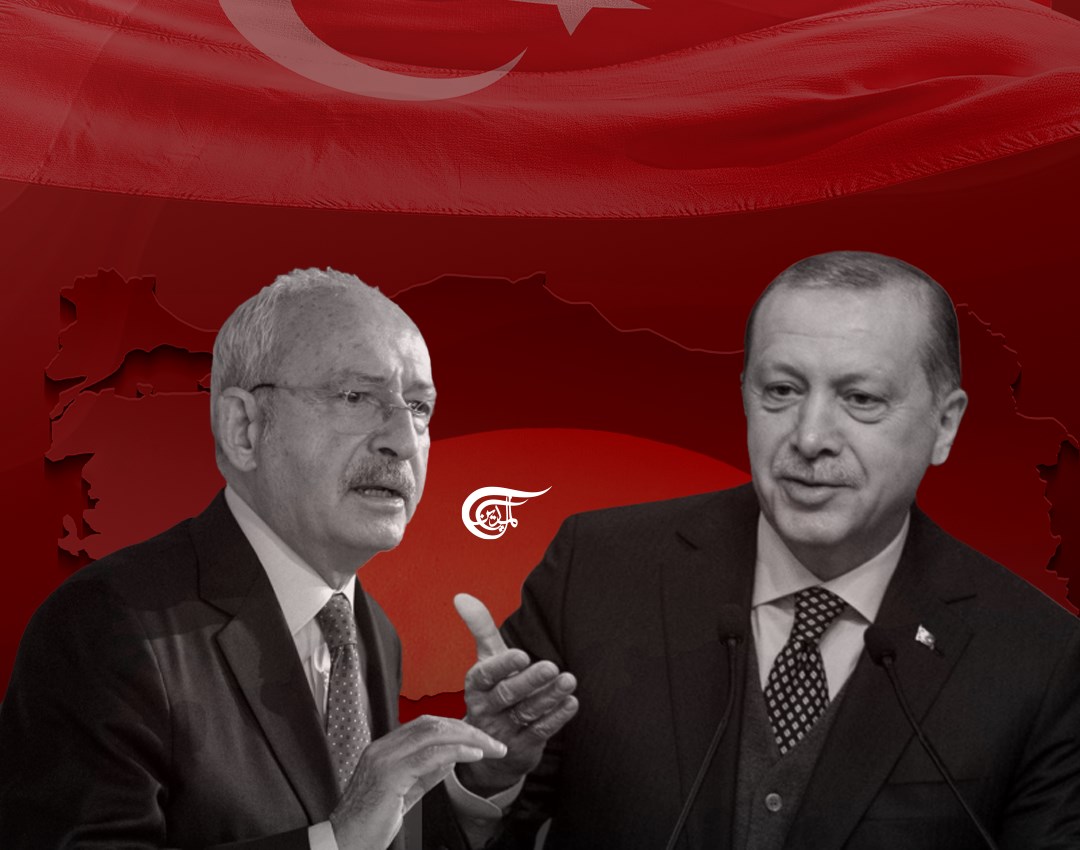Domestic and regional stakes in Turkey’s 2023 general election
Europe’s desire to ensure Turkey operates largely in lockstep with the West’s approved sphere of allegiances, defense engagements, and rapprochement stands resisted by Erdogan to the advantage of Turkish national interests and its strategic autonomy.
Turkish President Recep Tayyip Erdogan is facing what is arguably his toughest and most crucial election in decades. Nearly 65 million registered voters could have their say at the polls on May 14, amid tense competition with the chief opponent and opposition leader Kemal Kilicdaroglu.
On the domestic front, soaring inflation and a range of economic issues have an outsized say in winning over public loyalties and swaying the result to either candidate’s advantage. The 69-year-old AKP veteran faces fewer obstacles to achieving that leverage, given Erdogan’s prioritization of economic exigencies as a top re-election focus. Critical variables, such as the Turkish lira’s steep downward slide, have raised the political stakes of winning back public support. It is here where Erdogan’s prior memory of accelerating growth and weathering 2001 economic crisis aftershocks serve his unique advantage in crisis leadership.
The opposition’s push for a more Western-aligned free-market system and its claims of repairing Turkish democracy are likely to give new voters a wide menu of alternative policy offerings but would need more to sway the polls, considering the fact that similar pledges to improve Turkey’s economy through global market integration featured prominently in the ruling party’s manifesto. Moreover, opposition promises of democratic reform would need to compete with mainstays of the Turkish state, including Erdogan’s hard-earned institutional support.
A range of polls at present put Kilicdaroglu in the lead by a thin margin, having commanded support from six opposition parties and the explicit backing of Turkey’s second-biggest opposition party – the Peoples' Democratic Party (HDP). However, uniting in opposition to Erdogan may come off as a single mixed sell to millions of voters, who are likely to factor workable policy solutions to an ailing economy, with the potential to stretch the presidential race into a second round.
The United States and European countries will be keeping a close eye on the Turkish elections for several reasons. The outcome will have a major say in reorienting or continuing Turkey’s delicately balanced relations in key groupings, such as the North Atlantic Treaty Organization (NATO). For instance, Turkey under Erdogan has drawn NATO skepticism by exercising its autonomy on defense partnerships with Moscow. It has also been very clear to the US about cementing Turkey’s governance model on its own terms while signaling to NATO that Ankara’s counterterrorism priorities and security concerns will have to be taken seriously in the West.
Victory for Turkey’s opposition bloc, however, could mean a greater desire to improve ties with the United States and court loyalties based on what it described as expanding “mutual trust". Erdogan’s party has been more muted in its courtship of the US, recognizing the limited electoral value of pro-Western rhetoric across Turkey’s political spectrum.
The coalition continues to campaign in the name of repairing Turkish democracy, signaling to the US and other Western countries that it is banking on a brand of alternative democratic rule that identifies differently from that of Erdogan. Europe’s desire to ensure Turkey operates largely in lockstep with the West’s approved sphere of allegiances, defense engagements, and rapprochement, stands resisted by Erdogan to the advantage of Turkish national interests and its strategic autonomy. The coalition faces an uphill battle experimenting with Turkey’s multi-vector foreign policy in a bid to rival Erdogan.
For the Middle East, the stakes are even clearer. A possible re-election for Erdogan could open the gates to more tactical engagement in the Syria-Turkey rapprochement, while sharing diplomatic proximities with Iran and Russia to examine peacebuilding and Western interference under key formats, such as the four-way talks in Moscow. Turkey’s added leverage in facilitating talks on the Ukraine crisis and driving forward economic and security relief to high-exposure Middle East countries is likely to endure with Erdogan’s third term. However, prospects of prioritizing Turkey’s nuanced relations in the Middle East face headwinds under a broad-based opposition alliance that has explicitly signaled its preference for Western engagement.
In a telling sign, an election scenario favoring Kilicdaroglu could lead to a less popular “reset” with the European Union (EU) and NATO. It reflects in the opposition’s push to unfreeze controversial EU accession talks by promising to implement Western-aligned ‘liberal’ reforms that span Turkey’s treasured exercise of the rule of law, judicial conduct, and even press freedoms. Tall promises about ensuring Turkey’s alignment with NATO could easily complicate Ankara’s power dynamics with Russia and the leverage this affords in counteracting Western interference in conflict hotbeds in the Middle Eastern neighborhood.
The opposition’s proposed pro-Western foreign policy pivot risks ceding critical electoral ground to Erdogan, given the impression that Ankara’s strategic autonomy is actively being targeted by the EU, the US, and the six-party alliance in tandem. "America and Europe gave them [the Turkish opposition] instructions to depose Tayyip Erdogan, to remove Tayyip Erdogan from office," Interior Minister Suleyman Soylu asserted recently.
"Why Tayyip Erdogan? Because America does not want him [at his current post], the West does not want him [to be the president of Turkey]. But it does not matter to us.”
“We are following the will of our people.”

 Hannan Hussain
Hannan Hussain
 5 Min Read
5 Min Read












